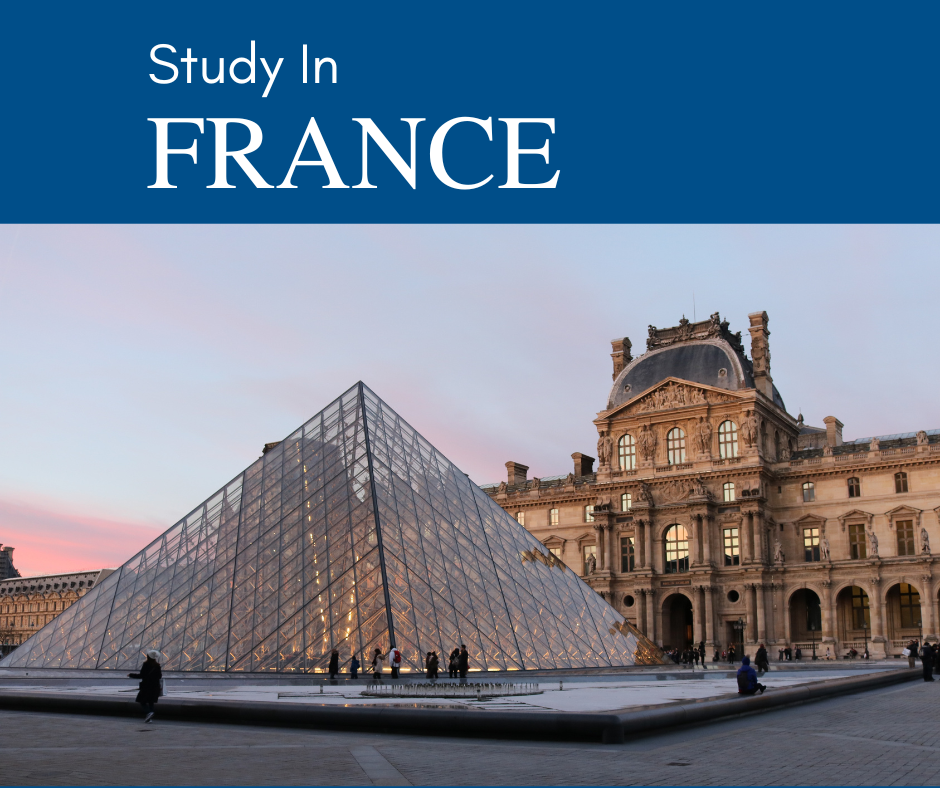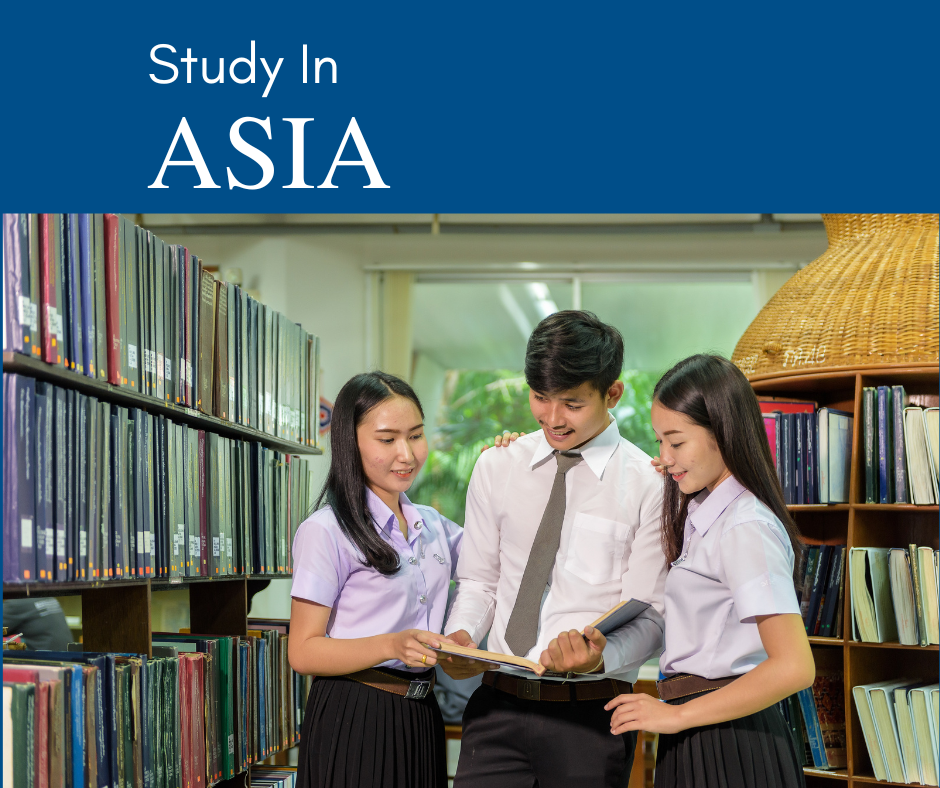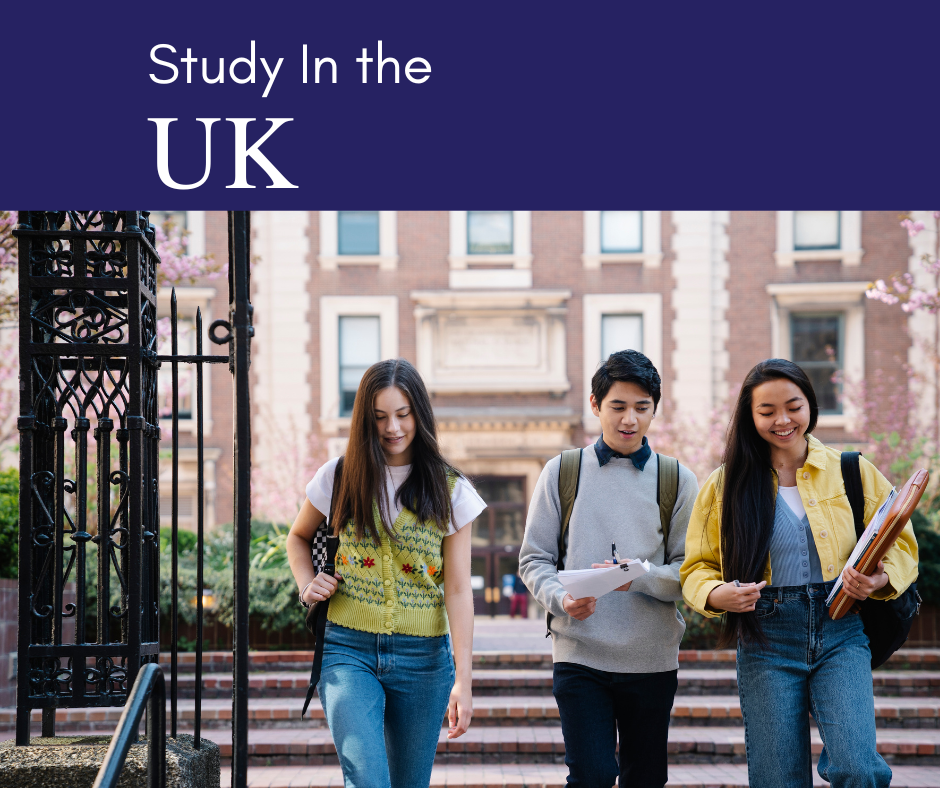
QS’s Double Standards: Russia vs Israel
Share
When Russia invaded Ukraine in 2022, QS Quacquarelli Symonds—the company behind the world’s most influential university rankings—took a bold public stance. They announced they would stop promoting Russian and Belarusian universities, cease new engagements in those countries, and “redact” institutions from their platforms.
“QS will cease the promotion of Russian and Belarussian universities, and Russia and Belarus as study destinations.”
— QS Statement on Ukraine Crisis
This was framed as an ethical decision: QS would not continue to lend reputational prestige to institutions associated with an aggressor state accused of war crimes.
Yet when Israel launched its devastating assault on Gaza—condemned by UN experts and human rights groups as collective punishment, with repeated calls for accountability—QS remained silent. Israeli universities continue to feature prominently in QS’s World University Rankings. Tel Aviv University, for example, is ranked #223, and Hebrew University of Jerusalem #251, in the latest edition (TopUniversities.com).
There has been no press release, no suspension of promotion, no equivalent of the “Ukraine Crisis” page for Palestine.
Why the Double Standard?
One explanation may be commercial interest. QS is not just a rankings company; it also sells services like QS Stars ratings and consultancy to universities—a paid model. Universities have participated in such programs, buying visibility and prestige. Continuing these relationships may create a financial incentive to avoid moral stances that could damage those partnerships (QS Stars overview).
The contrast is striking:
- Russia: explicit QS announcement, suspension of promotion, cessation of new business.
- Israel: silence, continued rankings and promotion, despite global outrage over mass civilian deaths in Gaza.
The Problem of Complicity
By maintaining Israeli universities in its rankings without even acknowledging the moral questions, QS risks complicity. Rankings confer legitimacy, visibility, and prestige. They shape student mobility, funding, and international collaborations. When that legitimacy is extended selectively—removed in one case (Russia), sustained in another (Israel)—it exposes QS to accusations of hypocrisy and double standards.
If QS wants to avoid being seen as an enabler of crimes against humanity, it needs transparency:
- Clear criteria for when and why it acts on political/ethical issues.
- Disclosure of financial ties with universities in conflict zones.
- Engagement with stakeholders who demand consistency.
Until then, QS’s selective moral stance appears less like a principle and more like a profit-driven approach.
References
- QS official statement on Ukraine crisis (2022): qs.com/ukraine-crisis
- Inside Higher Ed coverage of QS and Russian universities: insidehighered.com article
- QS World University Rankings 2026 (Israeli universities listed): topuniversities.com
- QS Stars commercial services for universities: qs.com/solutions/university-ratings










